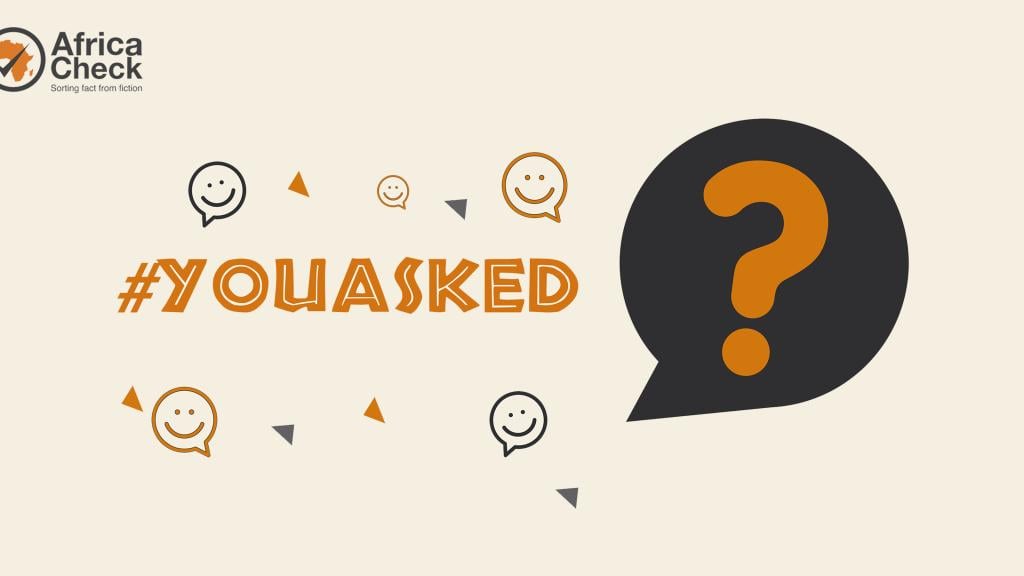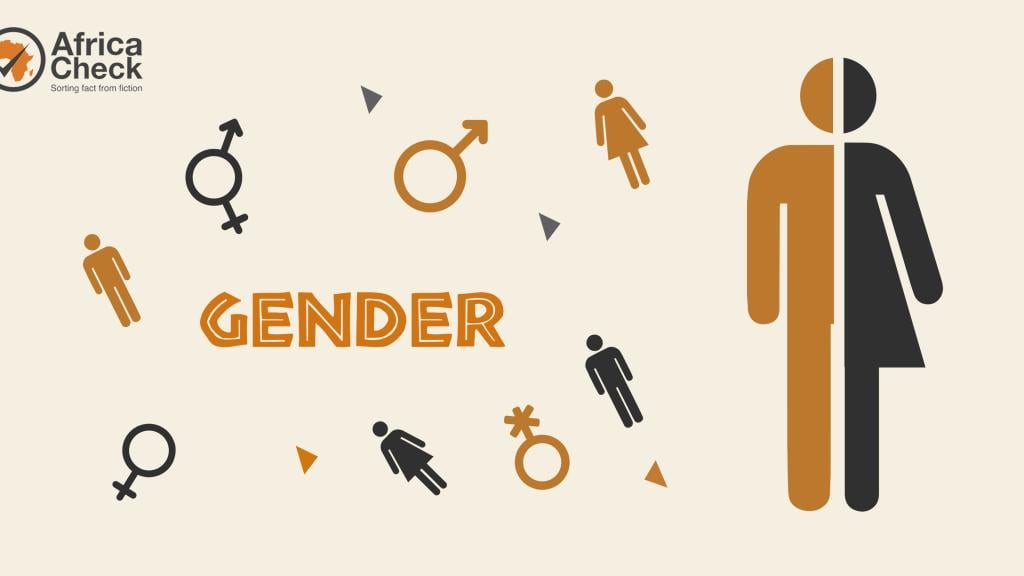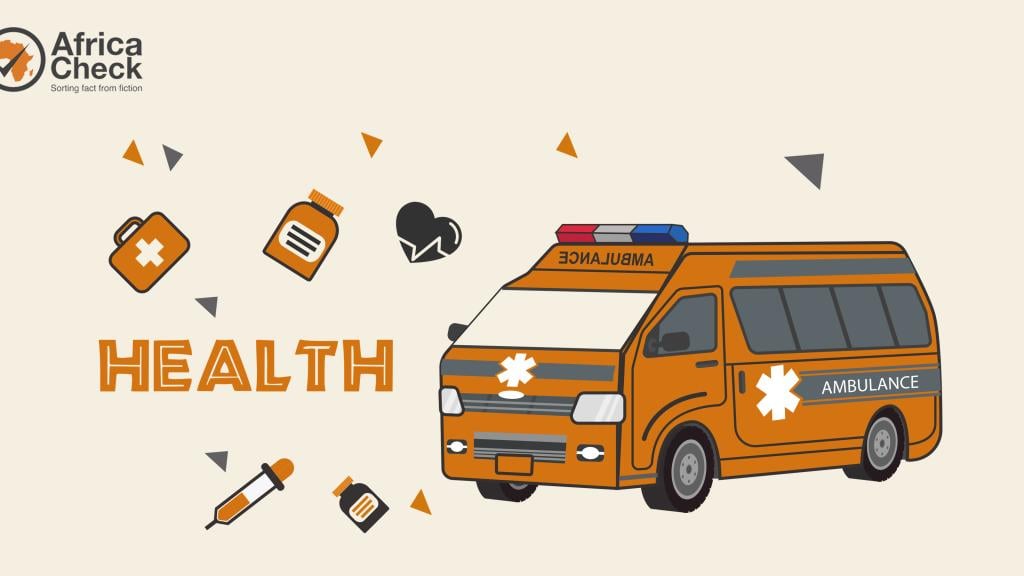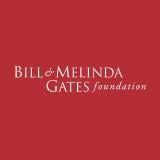What is the rate of false-positives results when testing for Covid-19?
In a statement issued on 4 January 2021, the US Food and Drug Administration (FDA) alerted patients and health care providers of the risk of false results, particularly false-negative results – a test that says you don’t have the virus when you actually do have the virus – with the Curative SARS-Cov-2 test.
The Curative SARS-Cov-2 Assay is a real-time RT-PCR test used to detect SARS-CoV-2, the virus that causes Covid-19. This test is done by using nasal swabs, throat swabs, and tests of saliva or other bodily fluids. The test looks for viral particles to determine if the person may have been exposed to a virus. PCR testing remains the “gold standard” for diagnosing SARS-CoV-2 infection.
According to Dr Robert H. Shmerling, a Senior Faculty Editor at Harvard Health Publishing, the rate of false negatives for RT-PCR tests varies depending on how long infection has been present.
Research that was published in the Annals of Internal Medicine, revealed that the odds of a false negative through RT-PCR is one in five, and sometimes, even higher. The researchers found that the probability of a false negative result decreases from 100% on Day 1 of being infected to 67% on Day 4. The false-negative rate decreased to 20% on Day 8 (three days after a person begins experiencing symptoms). They also found that on the day a person started experiencing actual symptoms of illness, the average false-negative rate was 38%. In addition, the false-negative rate began to increase again from 21% on Day 9 to 66% on Day 21. The researchers analysed seven previously published studies on RT-PCR to interpret their current research.
Antigen tests are an alternative test to detect Covid-19. The test is done using a nasal or throat swab to identify protein fragments (antigens) from the virus. This rapid test is performed in less than 30 mins, thereby enabling immediate patient care decisions, meeting testing demands in resource-limited settings and increasing access to testing by supporting service decentralisation.
According to Shmerling, false-negative results tend to occur more often with antigen tests than with RT-PCR tests. This is why antigen tests are not favoured by the FDA as a single test for active infection. However, because antigen testing is quicker, less expensive, and requires less complex technology to perform than RT-PCR testing, some experts recommend repeated antigen testing as a reasonable strategy.
Shmerling explains that most false-positive results are thought to be due to lab contamination or other problems with how the lab has performed the test, not limitations of the test itself. Other reasons for false-positive results include:
- We don’t have precise measures of accuracy for these tests - just some commonly quoted figures for false negatives or false positives, such as those reported above.
- How carefully a specimen is collected and stored may affect accuracy.
- Because these tests are available by EUA (Emergency Use Authorization which allows the use of unapproved medical products, or unapproved uses of approved medical products in an emergency), the usual rigorous testing and vetting has not yet happened, and accuracy results have not been widely published.
- A large and growing number of laboratories and companies offer these tests, so accuracy may vary.
- All of these tests are new because the virus is new. Without a long track record, assessments of accuracy can only be approximate.
To reduce the risk of false-negative results, the FDA recommends performing tests in accordance with their authorisation and as described in the authorised labelling, e.g., the Fact Sheet for Healthcare Providers. When tests are not performed in accordance with their authorisation or as described in the authorised labelling, there is a greater risk that the results of the test may not be accurate.




